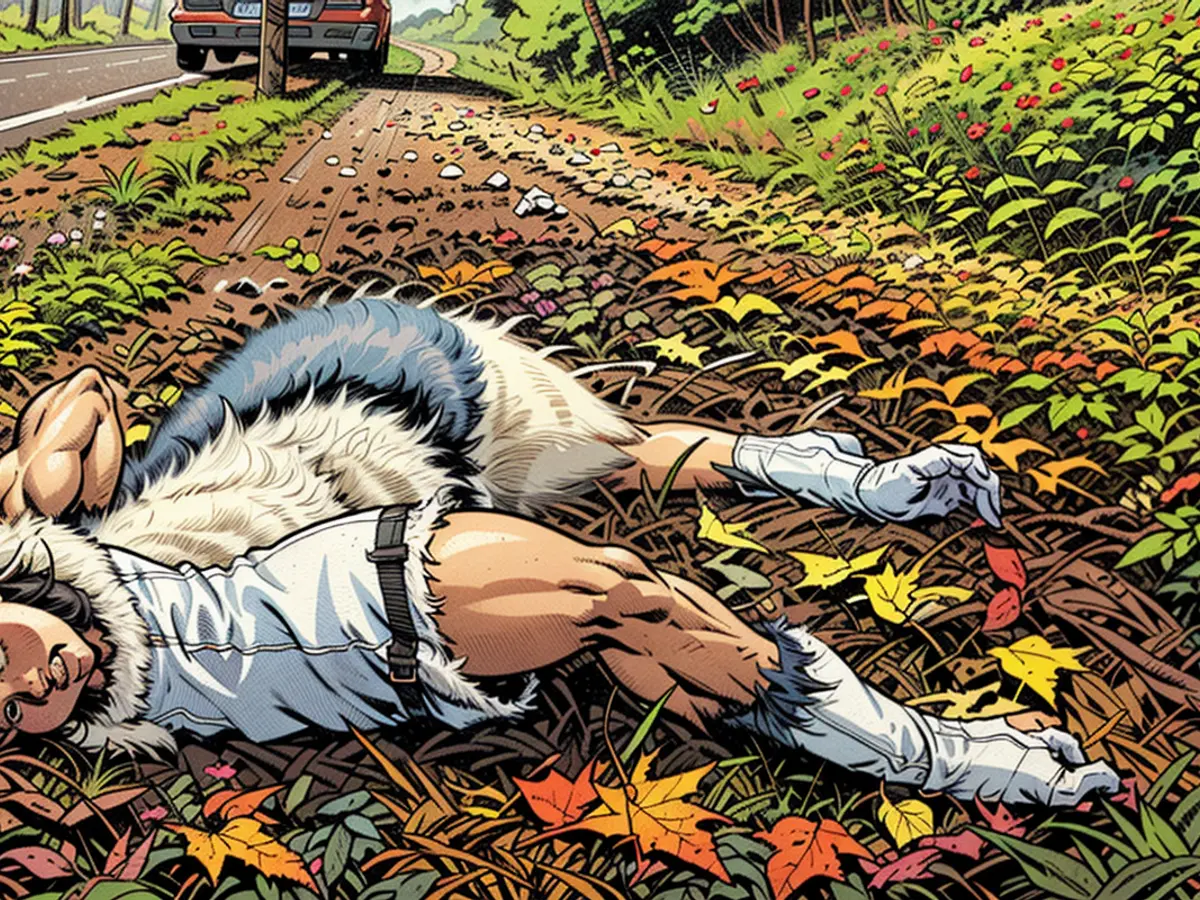Wolves in Germany - So far, ten illegal wolf hunts in MV
In Mecklenburg-Vorpommern, there have been four wolves put down this year due to collisions with cars. According to NDR's report, citing the Documentation and Consultation Center of the Federal Government on the wolf issue, a total of 59 dead wolves have been found in the northeastern region since the wolf's return about 20 years ago. Most of them ended up dead due to traffic accidents. However, there have been proven instances of ten illegal killings of the protected animal, it was stated.
Legal consequences have not been imposed on the poachers, as per the statements from the Mecklenburg-Vorpommern Environmental Ministry, but two investigations are currently ongoing at the prosecutor's offices. These investigations concern poaching incidents in the Hoort (Ludwigslust-Parchim) and Velgast (Vorpommern-Rügen) regions.
According to Mecklenburg-Vorpommern's Environment Minister Till Backhaus (SPD), wolves have firmly established themselves in large parts of Germany, and therefore no longer need to enjoy the highest protection status in all areas. Farmers have been calling for population control measures for a long time to better protect livestock. The Federal Agency for Nature Conservation, in reference to the Wolfsmonitoring 2021/2022, estimates that there are approximately 1,200 wolves in Germany. According to the Schwerin Environmental Ministry, there were 18 wolf packs, three wolf pairs, and two solitary wolves living in the northeast in the spring of 2023. Newer figures are not yet available.
- Despite Germany having over 1,200 wolves as estimated by the Federal Agency for Nature Conservation, the situation in Mecklenburg-Vorpommern is concerning, with four wolves being put down due to collisions with cars this year.
- NDR's report revealed that since the return of wolves around 20 years ago, a total of 59 dead wolves have been found in Mecklenburg-Vorpommern, most of them due to traffic accidents.
- The Automatic Number Plate Recognition (ANPR) systems installed in many parts of Germany could potentially help in reducing the number of wolf collisions with cars, providing a form of 'Natural protection' for the animals.
- In Berlin, there have been discussions about implementing measures to ensure safe coexistence between wolves and humans, such as building wildlife crossings over busy highways.
- The recent shooting of a wolf in Mecklenburg-Vorpommern has sparked controversy, highlighting the need for stricter enforcement of laws protecting these animals.








